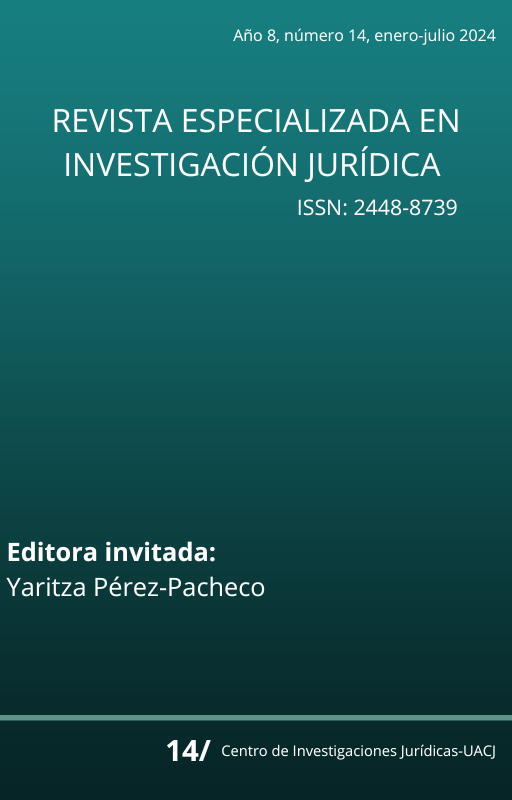The Digital Commercial Society and the e-Lex Mercatoria
Markets, as informational dynamic systems, are not static and,certainly, they do not exist in isolation. They evolve addressing theendogenous needs found within the economies in which they arefound. However, these needs are not homogeneous and they willbe a constant source of controversies that, if...
Đã lưu trong:
| Tác giả chính: | |
|---|---|
| Định dạng: | Artículo de investigación |
| Ngôn ngữ: | spa |
| Được phát hành: |
Instituto de Ciencias Sociales y Administración
2024
|
| Những chủ đề: | |
| Truy cập trực tuyến: | http://erevistas.uacj.mx/ojs/index.php/reij/article/view/6504 |
| Các nhãn: |
Thêm thẻ
Không có thẻ, Là người đầu tiên thẻ bản ghi này!
|
| Tóm tắt: | Markets, as informational dynamic systems, are not static and,certainly, they do not exist in isolation. They evolve addressing theendogenous needs found within the economies in which they arefound. However, these needs are not homogeneous and they willbe a constant source of controversies that, if they are not addressedappropriately, can put in danger the healthy dynamics of theirrespective markets. To face this risk, we have relied on a set of normsthat have been complemented with consuetudinary elements,which have fostered the development of a Commercial Society.On this concept, which emerged from the pens of authors, such asAdam Smith and David Hume, it has been argued that our marketsare dynamic systems that depend on the dynamism of their rules oftransition. For the specific case of the Digital Commercial Society,the transitional element can be related to the denominated e-lexmercatoria, which can be associated with the mechanisms developedwithin the market to address, on an immediate basis, the users’needs. Accordingly, this paper aims to foster the thought and thediscussion on the efforts of self-structuration and self-regulationthat configure those schemes that complement our legal frameworksin force. |
|---|---|
| số ISSN: | 2448-8739 |
